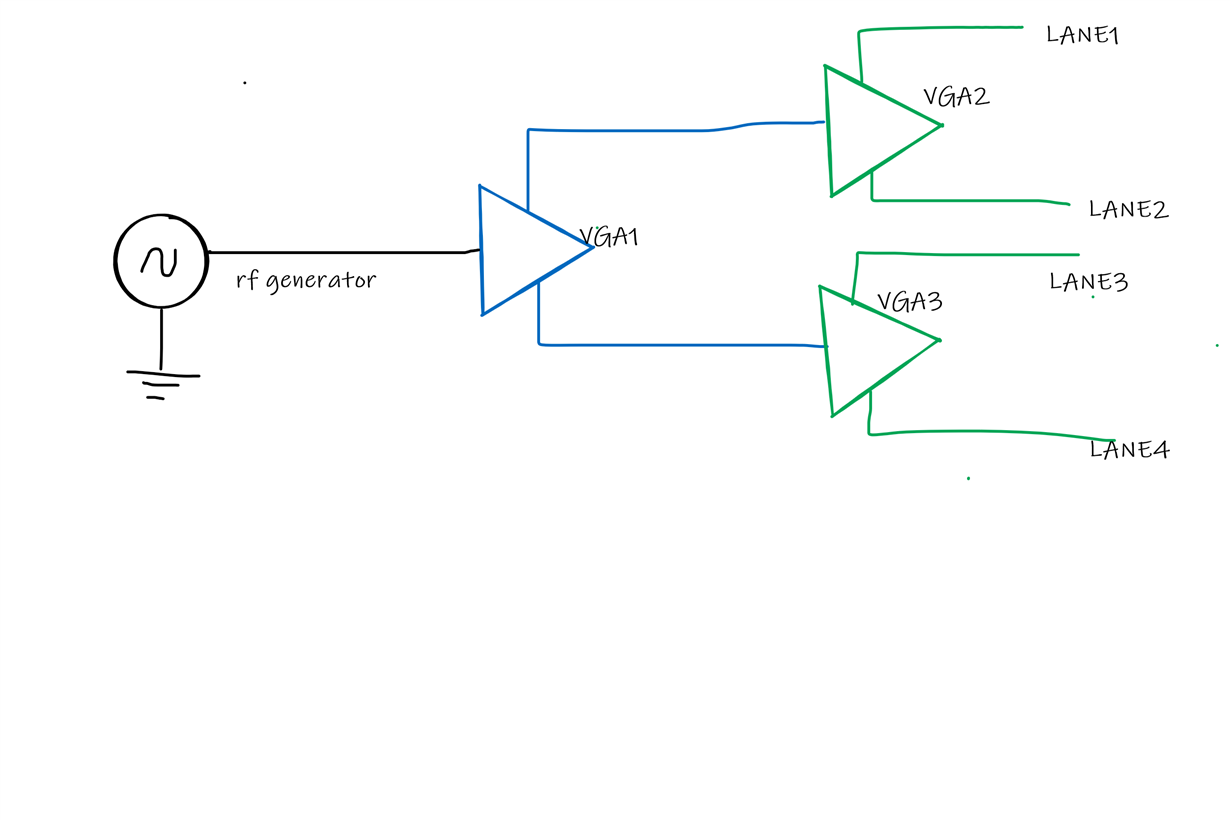I have a RF signal which i need to provide to 2 different inputs. Basically the same amplitude has to be provided from the same signal source , and they should be closely phase matched. I thought i could use a Power divider but that is not available as a SMD component . How else can I send the same signal to 2 different inputs with the same voltage ? The BW I am interested in is max of 3GHz .In simple words , I just need to copy my signals into both inputs without a considerable phase difference.
-
Ask a related question
What is a related question?A related question is a question created from another question. When the related question is created, it will be automatically linked to the original question.





